CLC Programs
The instructional methods used at CLC are derived from the scientific principles of Applied Behavior Analysis (ABA) and its evidence-based interventions supported by empirical research. Each student has specifically tailored programming to meet his or her needs across all areas of skill development and daily life. Student progress is monitored through ongoing and objective daily data collection and analysis. Individualized programming begins with a comprehensive assessment of skills. From the assessment(s) and parent input, individualized goals are identified and incorporated into the students Individualized Education Program (IEP).
Areas of instruction include a strong emphasis on expressive and receptive language and communication, social skills, academics, self-sufficiency with self-care, home life, vocational preparation, independence, leisure skills and community participation.
School Calendar
Our school calendars are revised each year to clearly indicate holidays, school closures, administration schedules, and staff development days. For more information, please contact us.
22-23 Education Program Calendar
22-23 Adult Life Skills Programs Calendar
Our Process
The staff-to-student ratio within CLC's program is highly individualized to best suit the needs of each student. It is determined based on the skill level and independency of the students in each module and the skills that are being targeted. Depending on need, services typically begin with one-to-one sessions with an instructor throughout the day to ensure maximum instructional opportunities for skill acquisition. As students acquire skills that enable each to participate more independently as a member of a small group, the student-teacher ratio is increased whenever appropriate.
CLC's education program includes a full-day program for the academic year and a 6- week summer session known as ESY (extended school year). ESY is simply an extension of the regular school year with the same hours of operation, same programming goals, same staff, etc.
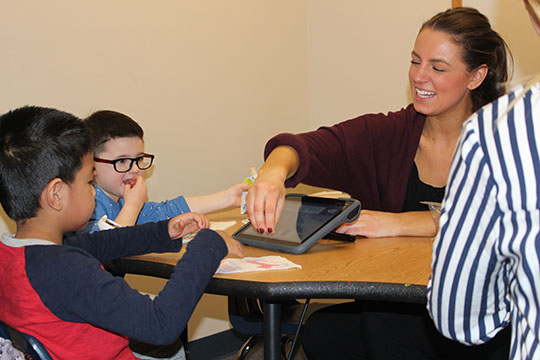
Pre-School Program
The Comprehensive Learning Center's Pre-School program is a full-day program with an extended school year serving children ages 3 to 5 years old. We offer a one-to-one teacher/student ratio for this age group. Home consultation and family training is provided at a minimum of two visits per month.
CLC provides transition support to assist students to acclimate into mainstream teaching environments with typically developing peers (pre-schools, gymnastic classes, etc.)
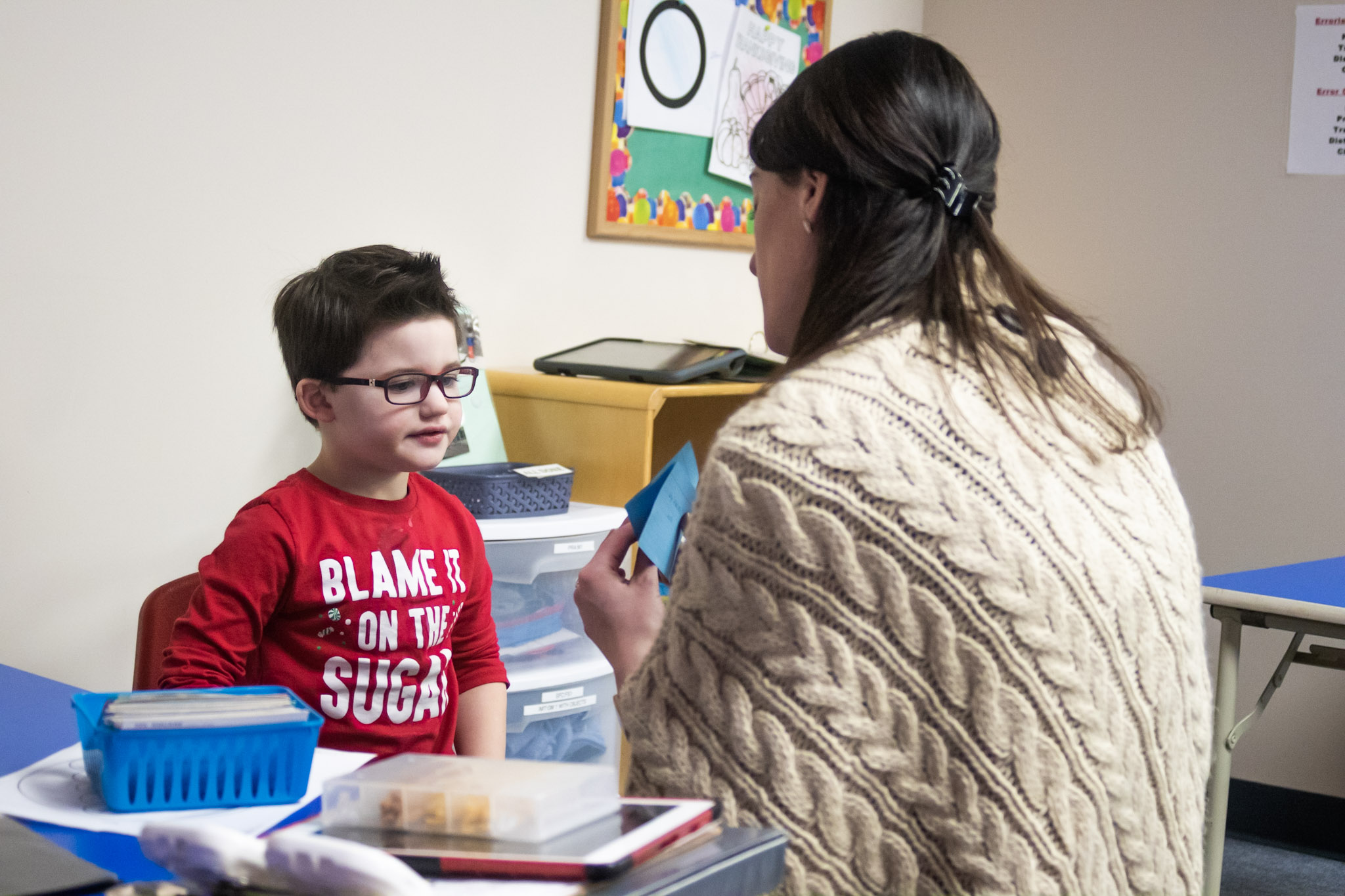
Elementary School Program
CLC's Elementary School program is a full-day program with an extended school year serving individuals ages 6-14 years old. The program's teacher-to-student ratio ranges from one-to-one to one-to-two depending on the nature of the activity and the students' skills. Home consultation and family training is provided at a minimum of two visits per month.
CLC provides transition support to assist students to acclimate into mainstream teaching environments with typically developing peers (elementary schools, gymnastic classes, etc.).
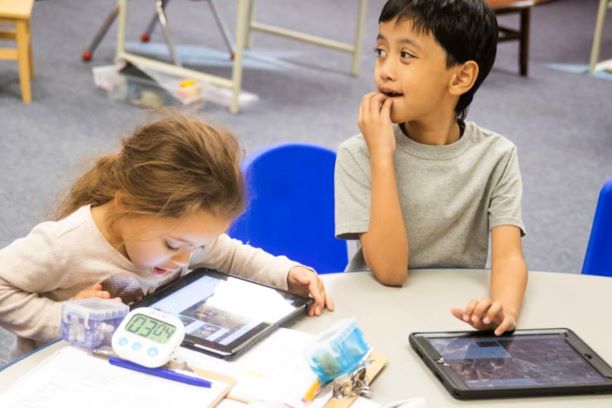
Secondary School Program
CLC's Secondary School program is a full-day program with an extended school year serving individuals ages 15-21 years old. The teacher-to-student ratio ranges from one-to-one to one-to-three depending on the nature of the activity and the students' skills. Home consultation and family training is provided at a minimum of two visits per month. This program emphasizes vocational training and community programming to teach functional skills in a variety of settings (grocery stores, gyms, medical offices, etc.).
The program strives to prepare individuals for post-graduation by focusing on skill acquisition in the areas of vocational training and job development, and increased independence in community participation through the use of the principles of Applied Behavior Analysis.
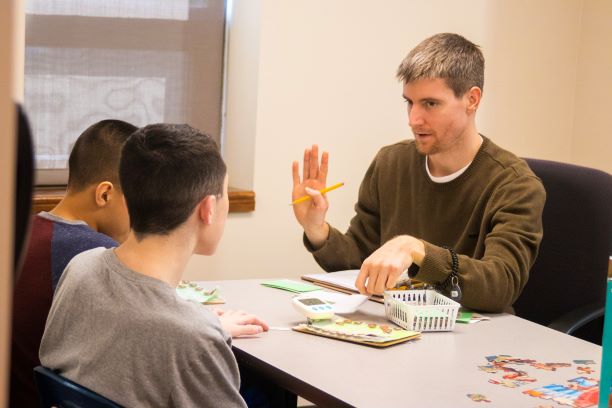
Transition Planning
By way of our Family Consultation Services and Community Programming, CLC's program is designed to help students transfer skills beyond the school setting regardless of age. With a mission to prepare our students to be as independent and self-sufficient as possible, school programming focuses heavily on the skills needed to successfully transition to adulthood.
In Middle and High School years, prevocational and vocational programming begins to prepare students to enter the workforce and engage in other activities to meaningfully contribute to his/her community. To prepare our students for transition upon graduation, CLC's process includes, but is not limited to the following with regard to vocational programming.
- Preference Assessments/Skills Assessments
- Job Sampling
- Interviewing Skills
- Workplace Social Skills
- Individualized Skill Development for job-related tasks
- Repeated opportunities to practice target skills
- Opportunities to generalize/apply skills in real-work settings.
To effectively implement a well-executed transition plan, collaboration between all the IEP team members is essential. Team members may include but are not limited to the student's parents, the Clinical Directors, the Module Trainer/Teacher, the Adult Life Skills Program Director and Trainer, the Pennsylvania Office of Vocational Rehabilitation (OVR), and the learner's assigned Supports Coordinator.
CLC provides transportation for students to various community locations to practice job-related skills. Some organizations we have partnered with include: Cradle to Crayons, ReStore, The Birches Senior Living Fitness, Body Dynamics, Giant and other local grocery stores, Regional Cardiology Consultants, local restaurants, libraries, churches and more. Instruction in specific settings is individualized to the student and delivered by instructional staff specifically trained to promote independence with the needed skills.
Other preparation for transition includes independence with activities needed to live as independently as possible. Skills targeted may include: using an alarm clock, arranging for transportation, preparing meals, grocery shopping, laundry, participating in leisure activities with others, money management, all needed self-help, home-living, safety skills, and so on.
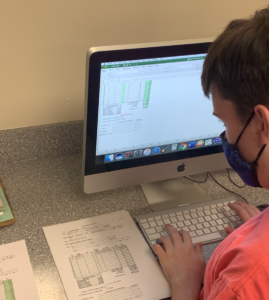
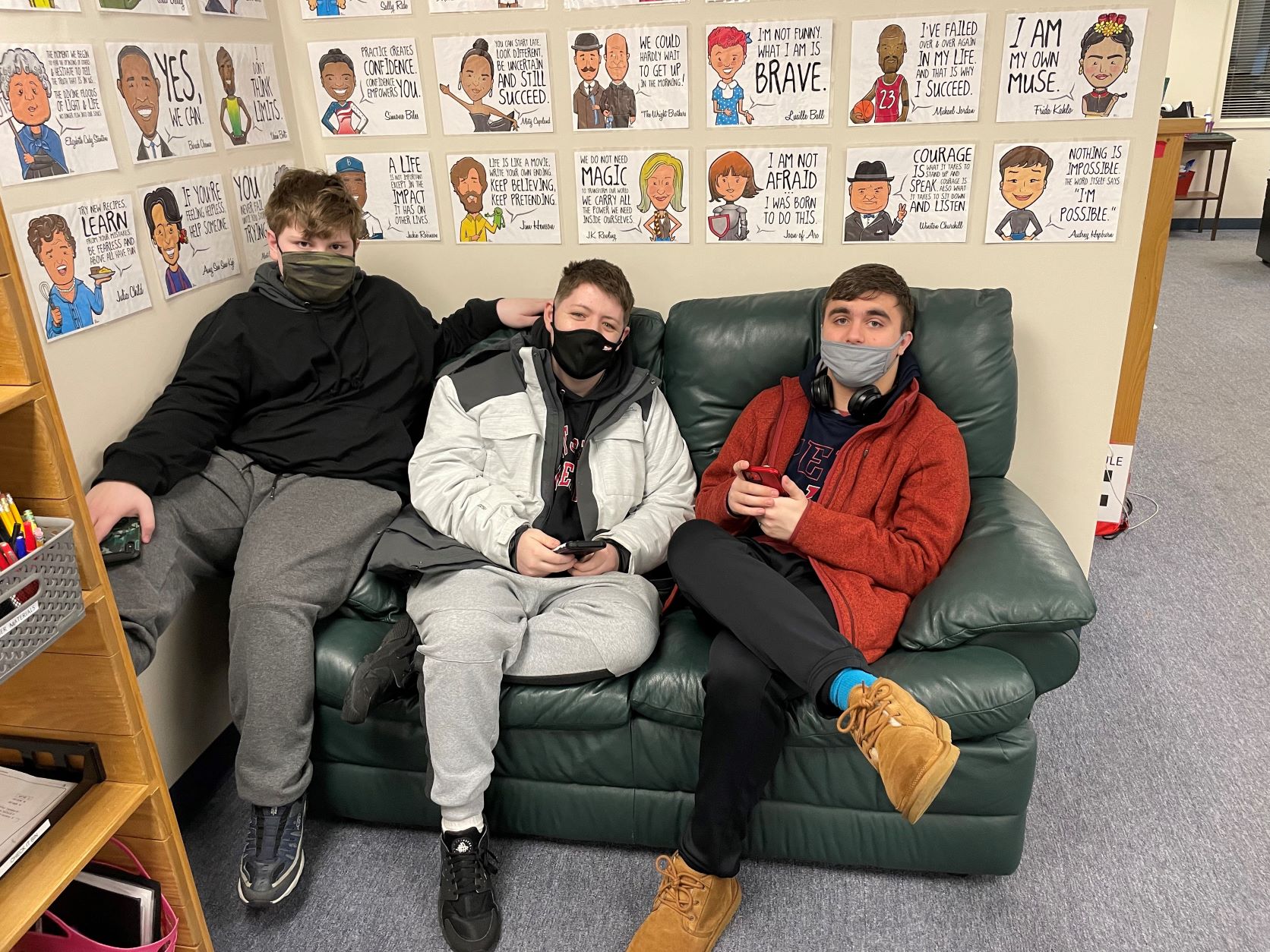

Family Participation
Home Programming
In order to increase consistency for students and promote generalization and success outside the school day, CLC requires family participation in the instructional and intervention services. Through parents' regular school observations and involvement in training opportunities, as well as visits to the home by CLC instructors, family members are provided with the tools to replicate effective instructional techniques in their home. In addition, home programming services address skills and problem behavior unique to the home environment including sleeping problems and nighttime disruptive behavior, interactions with siblings, and dressing, bathing, and other self-care skills.
Community Programming
Special instruction is often required for individuals with autism to participate in activities that most families take for granted. CLC instructors work in collaboration with families to design comprehensive services to meet the needs of their child across all aspects of his or her day. Through community programming services, CLC provides the necessary supports for its students and families in community settings, to ensure the child's successful participation in a variety of activities. Illustrative activities include visiting the doctor, dentist, or hairstylist, going grocery shopping, and using a local gym.
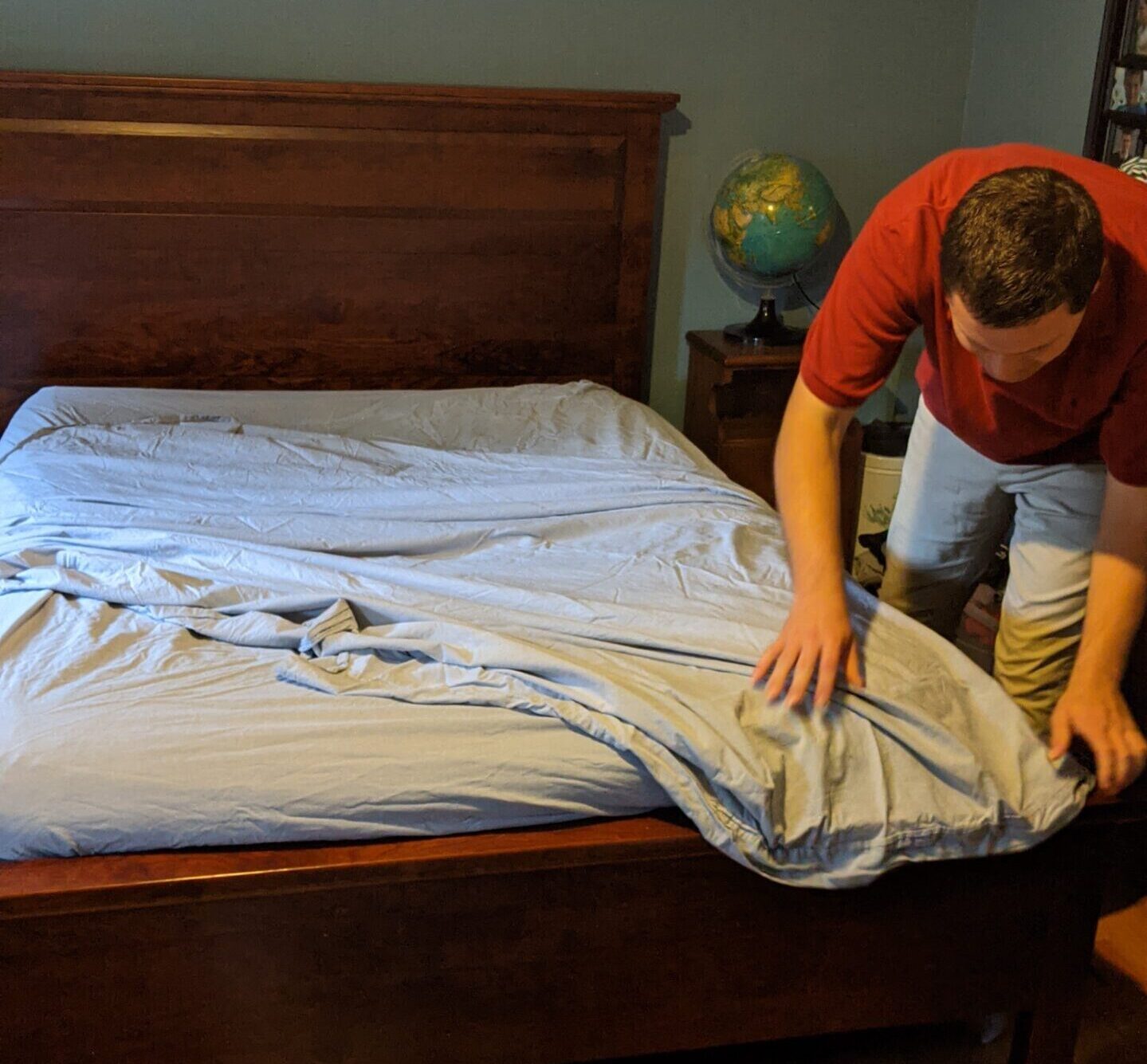
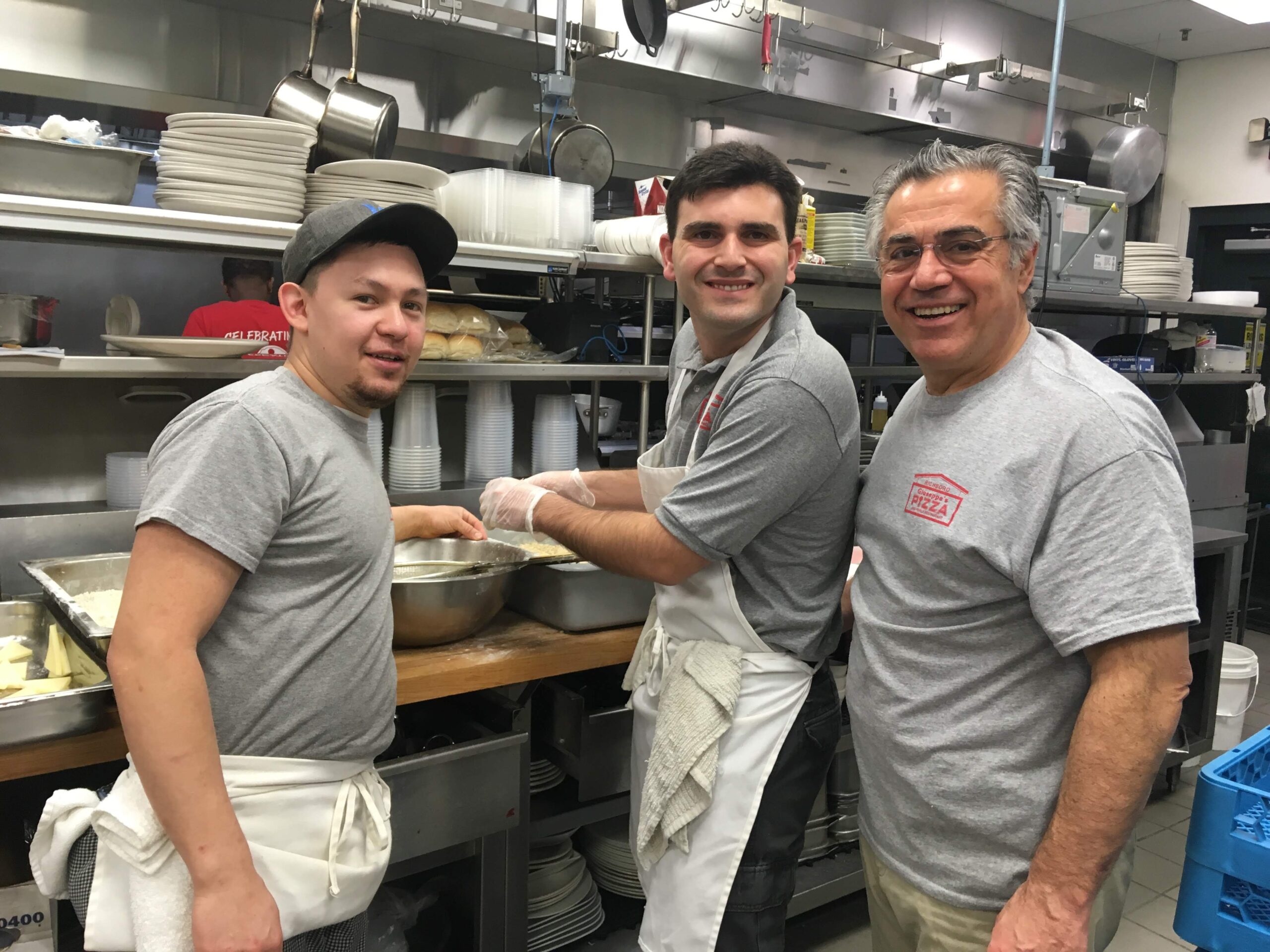

Copyright 2021 Comprehensive Learning Center
Comprehensive Learning Center
444 Jacksonville Road, Warminster, PA 18974
info@clcschoolprograms.org / 215-956-3861
